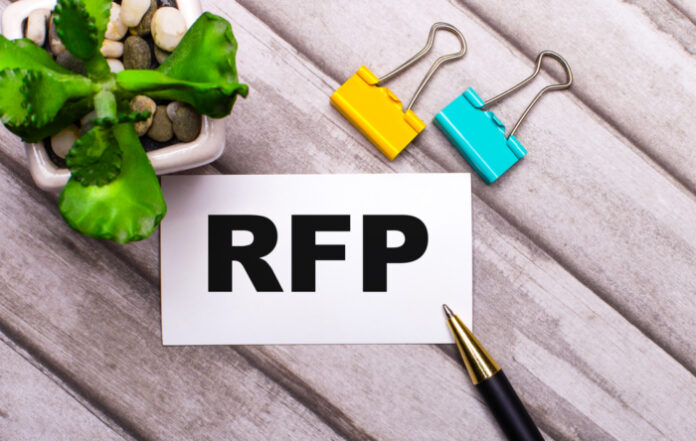Replying to a proposal request, also known as a RFP, can be a challenge for sales teams. As many requests come with a tight turnaround time, it can feel like a constant struggle to submit one proposal before going to work on the next.
Fortunately, there’s a more efficient way of doing things. By zeroing in on particular aspects of the process, you can work with a more streamlined system and have more time to reply to each RFP. Here are five ways that a professional RFP response management system can help you land more RFPs for your company.
Develop Your Own RFP Response Process
When proposals come forward, you need a consistent way of replying to potential RFPs. If you are not efficient, you risk missing deadlines and costing your company business. Worse yet, you could lose data, find your team stressed out, and constantly feel like you are playing catch up. If all this sounds familiar, take a moment, find the “bugs” in your current workflow and idealize what would make your process easier. Conceptualize what could help your team reply to RFPs and other customer requests in a timely and efficient manner. Doing so will help you identify your next steps forward as a business owner.
Start by writing up a checklist of what should occur when an RFP needs responding to. By considering each item on your checklist and requesting feedback from your team, you can end up with an efficient system for dealing with proposals. This will give you specific expectations from your team: they’ll all know what’s expected to happen in each step of the process, as well as better understand their own specific role within it.
Pick Your Opportunities
If you’re a new company especially, you may wish to reply to every likely RFP. After all, you wouldn’t want to miss a business opportunity. But just hold on for a moment. You shouldn’t attempt to bid for all that comes your way. You’re not the right company for all clients. And should you overbid, you may overwhelm your proposal team.
Instead, qualify the opportunities you have to ensure you’re the right company for your prospects. The reverse should also be true. You don’t want to land business that’s not right for you, as you may overpromise or underdeliver. Yes, you could meet your quota in the short term, but it’s not a great long-term strategy if you have an unhappy client on your hands.
Help Out Your SMEs
Subject matter experts (SMEs) play an important role in your RFP response process. However, working with them can provide a challenge. Proposal workers might find themselves chasing them down for information before a deadline, sending an endless amount of emails to try and get the data they need.
SMEs, however, are busy people. They’re sales engineers, product managers, and so on. It isn’t their job to make proposals. It’s yours. And they might dislike being constantly followed up for different versions of the data they’ve already provided you with. By respecting their time, as well as purchasing tools to help your collaboration with them, you can simplify the process for all involved.
Get Your Institutional Data Together
Every organization possesses an abundance of institutional data. However, that data all too often winds up in silos. These data silos occur when an individual or department has data no one else has. If another member of the organization requires that data, they have to go seek that person out to obtain it.
This doesn’t mean there are people intentionally preventing others from obtaining the data. What it does typically mean is that a department has worked on its own and institutional data has been collected there.
Use Automation
Automation can eliminate some of your team’s more tedious and time-consuming tasks. Not everyone is keen on the idea of automation, as they’re concerned it could put their job in danger. But that’s not what automation achieves, particularly in this context.
For example, you might adopt a solution that automates your content collection process through a content library composed of sales data contributed by your company’s SMEs. Your writers can then look up the data they need, with the software providing them with the best matches.
Data silos aren’t a company’s strength. What is a strength is institutional wisdom. When there are silos present, your company may be unaware that the knowledge even exists within it. Therefore, the data can’t be put to use.
By thinking more about your FRP proposal process, you can develop a system to help your sales team confidently and quickly get through more proposals. You can also use tools to help you write powerful proposals to land you more business.
Find a Home-Based Business to Start-Up >>> Hundreds of Business Listings.

















































